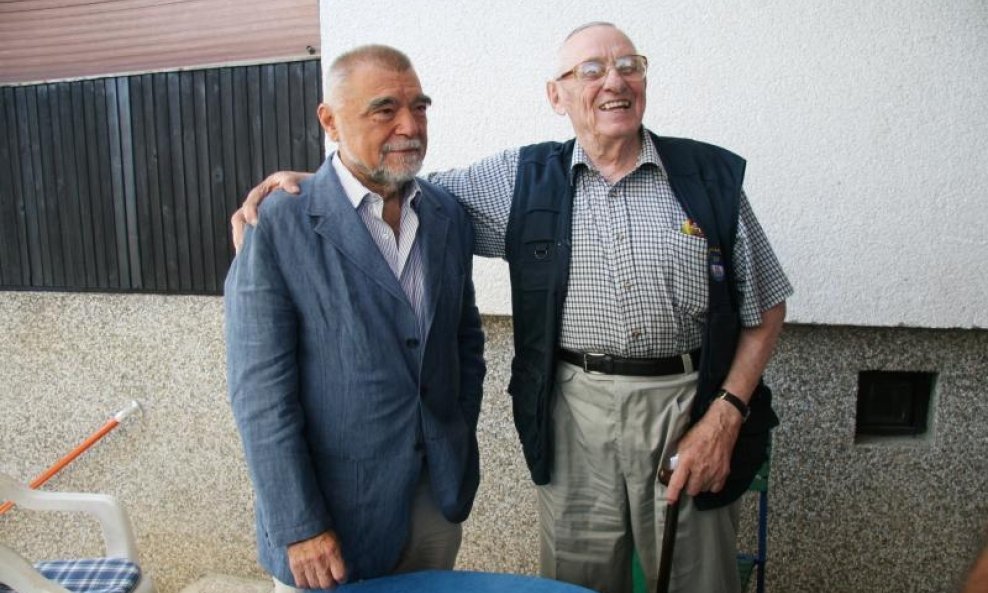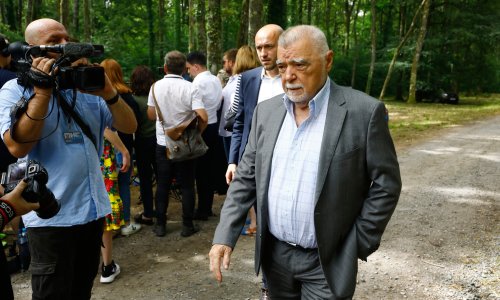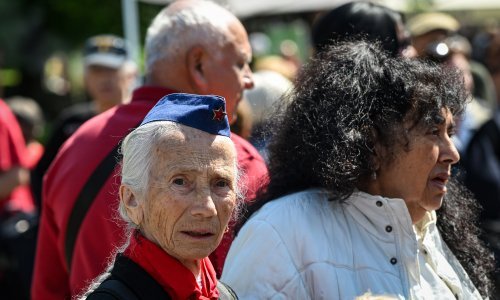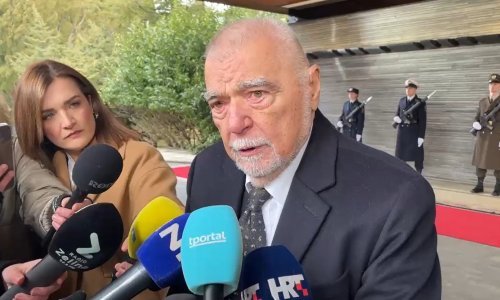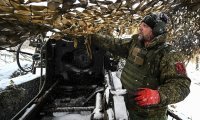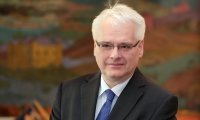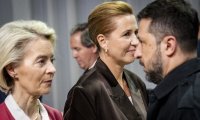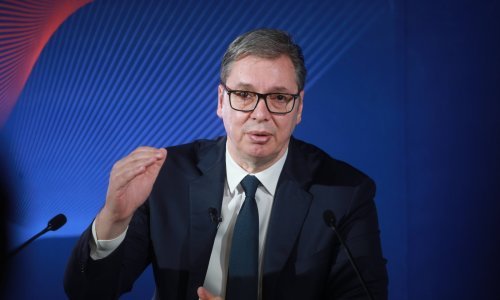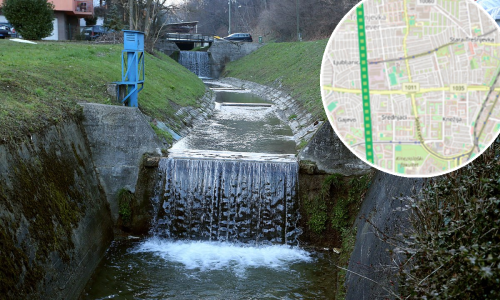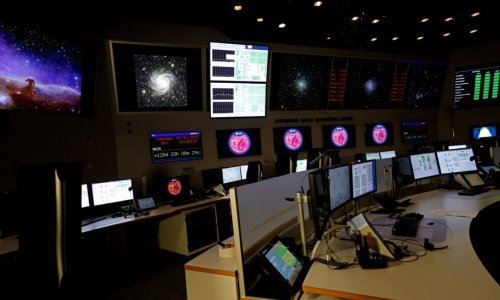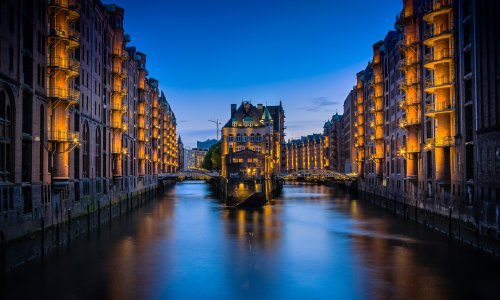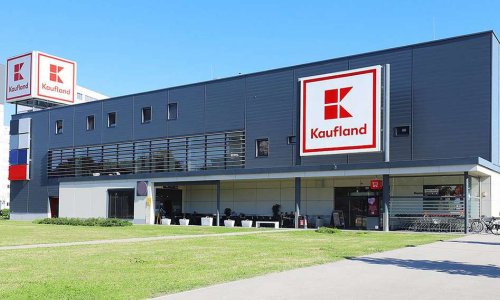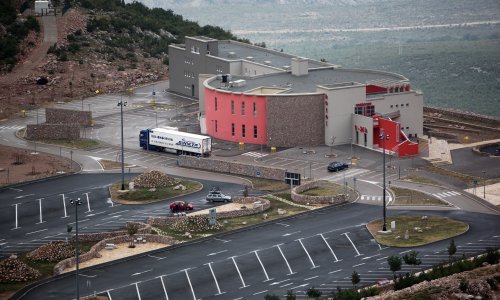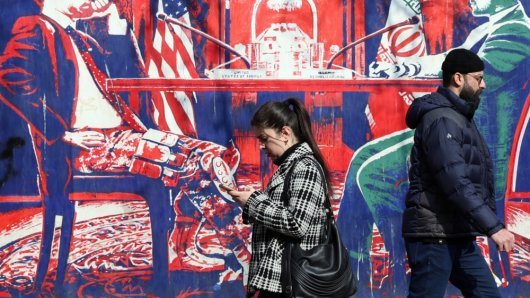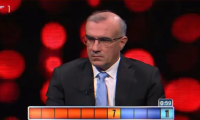Former President Stjepan Mesic visited Croatia's first Minister of the Interior, Josip Boljkovac, in his home in Vukova Gorica on Wednesday, following the announcement by the incumbent Interior Minister, Tomislav Karamarko, that Boljkovac was being investigated for his role in mass-scale executions of pro-Nazi Croatian Ustasha soldiers in the wake of World War Two.
Mesic said that it was not his intention to interfere in the legal process, but stressed that he supported Boljkovac as a friend and the first Minister of the Interior in independent Croatia who should be credited for the peaceful transition of the Yugoslav police force in Croatia into the Croatian police force.
"We, Boljkovac as the first Minister of the Interior and I as the first Prime Minister, accepted the task to mobilise men and organise the defence of Croatia after it declared independence. Boljkovac and I stopped the initial attempt by Milosevic's forces and paramilitary units to attack Croatia," Mesic said.
Boljkovac told Mesic that he was not responsible for executions, "because his duty as chief of the regional state security service at the time was to arrest and question and not to execute prisoners of the Dubovac POW camp, whose bones were most probably found in recent exhumations of mass grave sites in Kozjaca Forest."
When asked by a reporter about the so-called communist crimes, Mesic said that crimes were committed in every war, but that the fascist regime and its Ustasha offshoot in Croatia were evil in their very idea and in the realisation of that idea, while the idea of communism was human albeit unfeasible.
"This is not just about Mr Boljkovac, but about an attempt to use a government position in squaring accounts with people who established their reputation in the (1941-1945) National Anti-Fascist Struggle and in the defence of Croatia. It is an attempt to win over voters in the next election. This is a textbook example of a political trial," Mesic said.
Mesic said that Boljkovac's arrest was possible, but added that he believed that "reason will prevail" and that the institutions of this country would not allow "a political showdown to turn into a court farce."
Mesic said that both he and Boljkovac believed that crimes, executions and revenge attacks occurred in the wake of WWII because Croatian, Slovenian and Serbian quislings continued guerrilla warfare until 1951. Boljkovac said that "those were not executions of peaceful citizens, but battles against those who had weapons at the ready in their bunkers and dugouts, who were waiting for the West to begin fighting against the Soviet Union so they could help the West and who were ready for guerrilla warfare."
Boljkovac said that Karamarko was "a trader who purchased expensive equipment for the Croatian police through his firms. He knows that I know this, and that's why I am in the company of those who have been taken to court."
Boljkovac requested the press to ask Karamarko why the police had not investigated who had been robbing Croatia for the last 20 years.
Vukova Gorica is located about 70 kilometres southwest of Zagreb, on the border with Slovenia.



